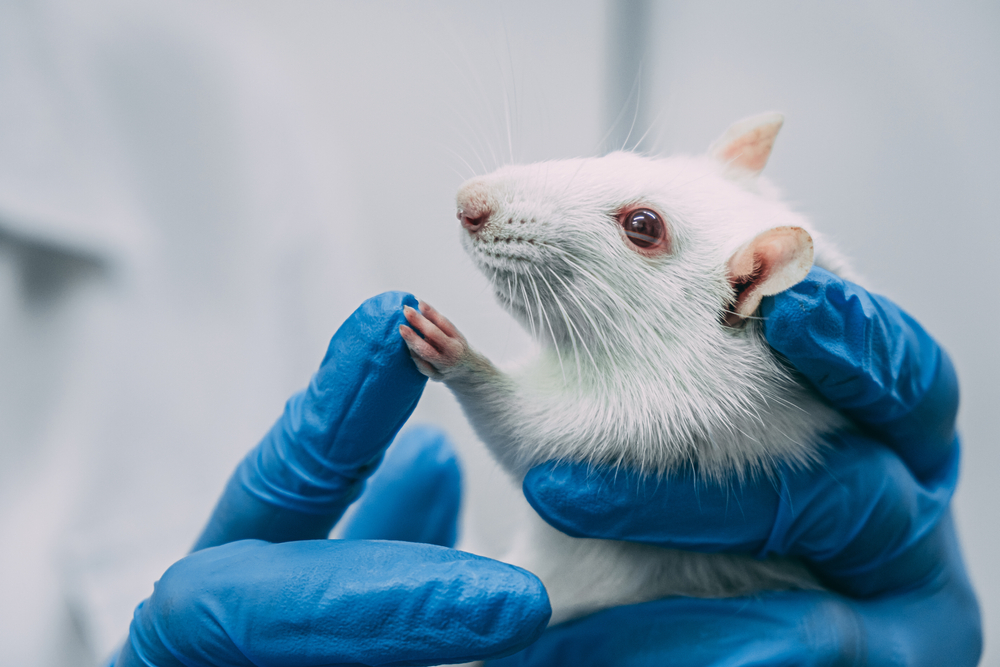According to a story from Science Daily, a recent research study from the University of Missouri School of Medicine appears to have revealed a treatment method that could help slow the growth of endometrial cancer. Mutations of a protein called PTEN are implicated in an increased risk of developing certain cancers, including endometrial cancer, so the basis of this study was the use of a mouse model in which the mice carried a PTEN mutation.
The Study
With this model, the research team evaluated the effects of a targeted therapy on the mice. The team determined that by targeting expression of a gene called ERBB2, the ability to halt the growth of cancer tumors improved significantly:
“ERBB2 and PTEN are a part of different signaling pathways, but we believe they have a correlation in endometrial cancer.” – Krystina Dunston, Research Lab Manager
Signaling pathway genes play a role in amplifying the signals that are sent to and received by cells, resulting in cell responses.
Ultimately, the findings in this study help illustrate how endometrial cancer tumors grow. While a treatment based on this data is still a way off, the results are an important building block for the development of a future targeted therapy for this cancer.
Curren treatment options including hysterectomy, chemotherapy, and radiation, all of which compromise fertility.
Check out the study abstract here.
About Endometrial Cancer
Endometrial cancer is a cancer that affects the endometrium, which is the lining of the uterus. It is often most characterized by vaginal bleeding that occurs after menopause has taken place and is therefore not associated with menstruation. Certain genetic disorders can cause endometrial cancer. There are several risk factors, many of which are linked to high levels of estrogens. These include obesity, old age, late menopause, not having children, breast cancer, diabetes, and the breast cancer drug tamoxifen. Symptoms include post-menopausal bleeding, heavy bleeding before menopause, abnormal menstruation, enlarged uterus, lower abdominal pain, pelvic cramps, white or clear vaginal discharge, trouble urinating, pain while urinating, and painful sex. With treatment, which may include surgery, chemotherapy, radiation therapy, targeted therapies, or hormone therapy, the five-year survival rate stands at 80%. To learn more about endometrial cancer, click here.
Editor’s Note: Get Involved
Cancer doesn’t discriminate. WHATNEXT and its partners are interested in amplifying the voices of those from all identities and backgrounds. If you have a cancer journey to share, reach out here to learn more about how your voice can help spread awareness and inspire individuals from all walks of life.
cancer endometrial cancer research treatment
Last modified: September 11, 2024











